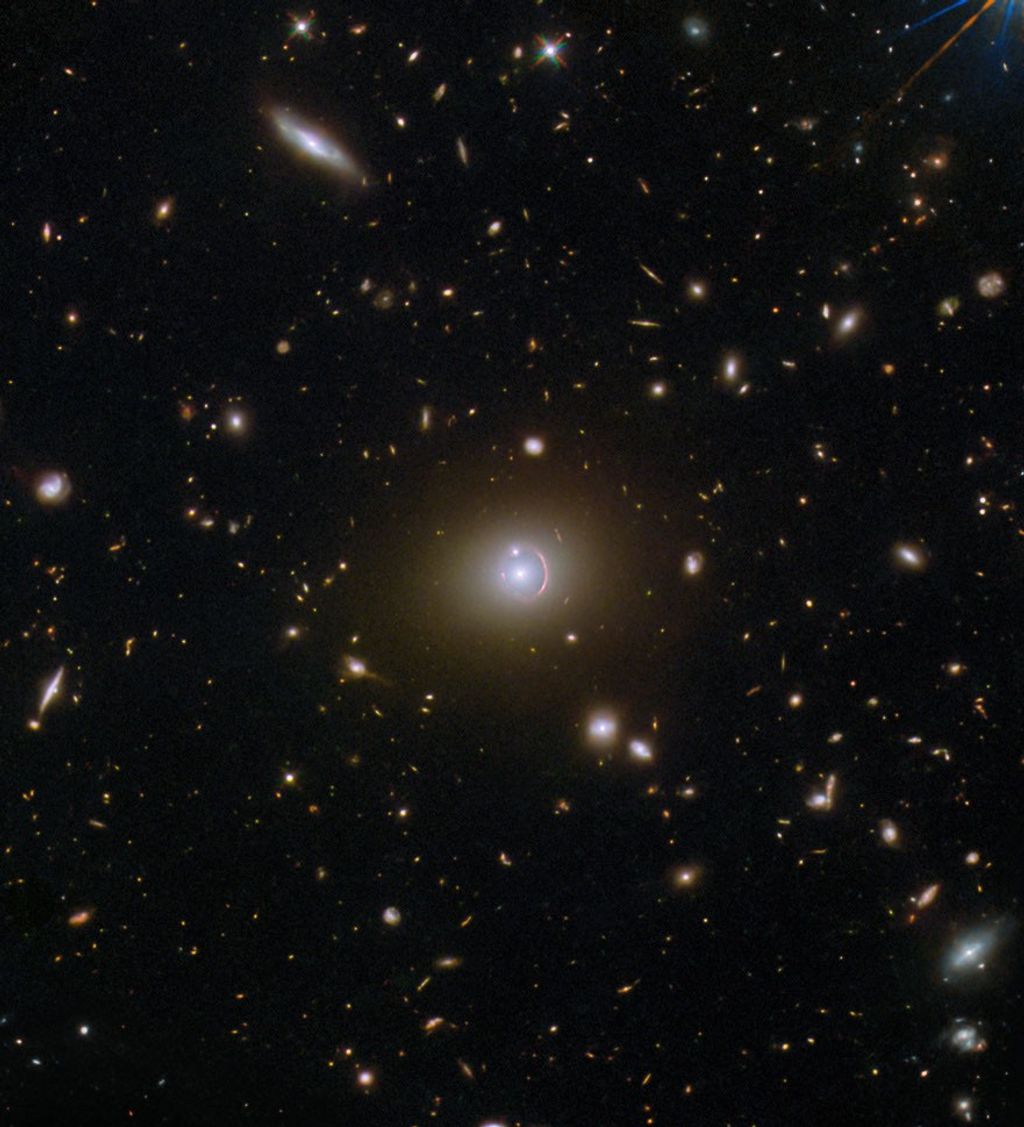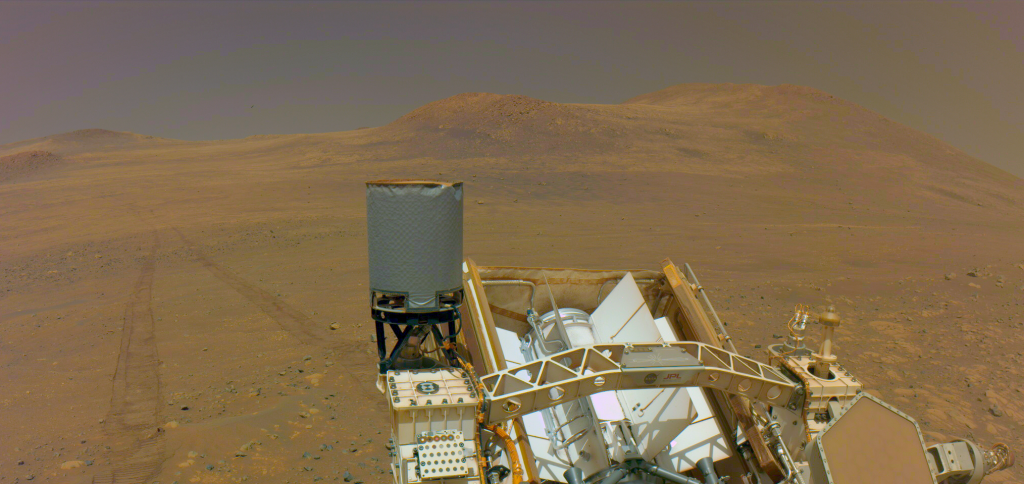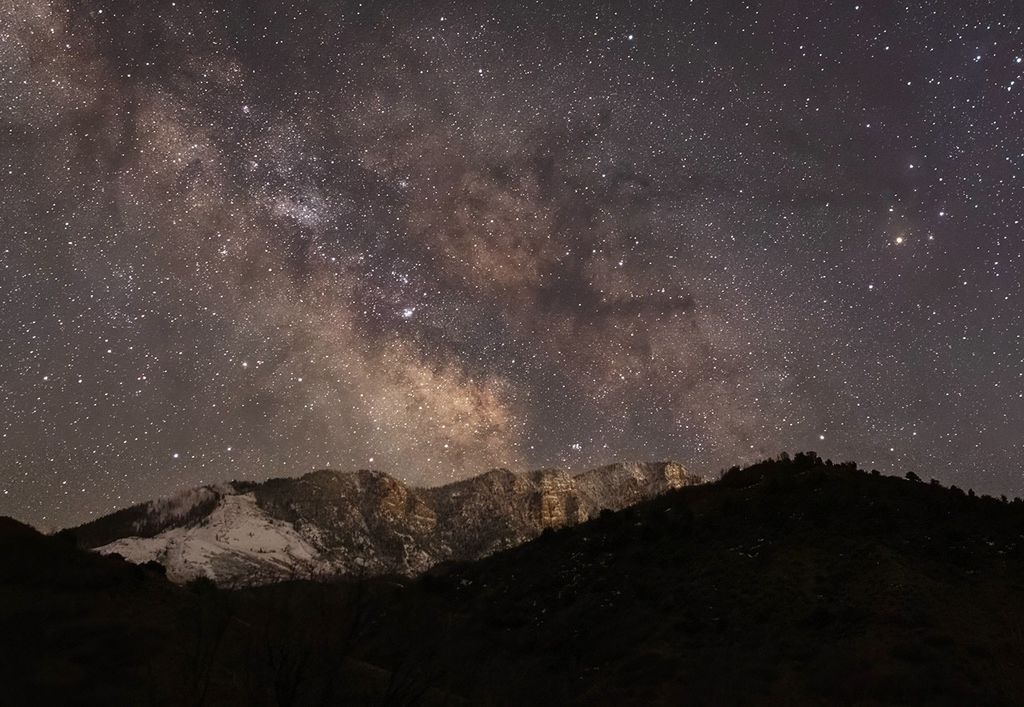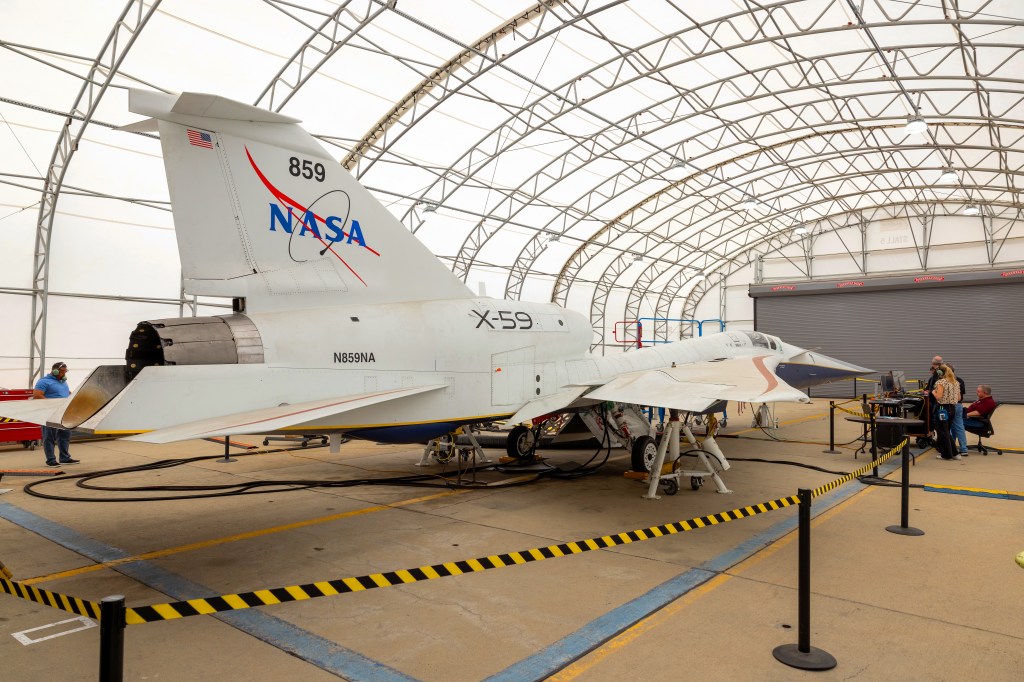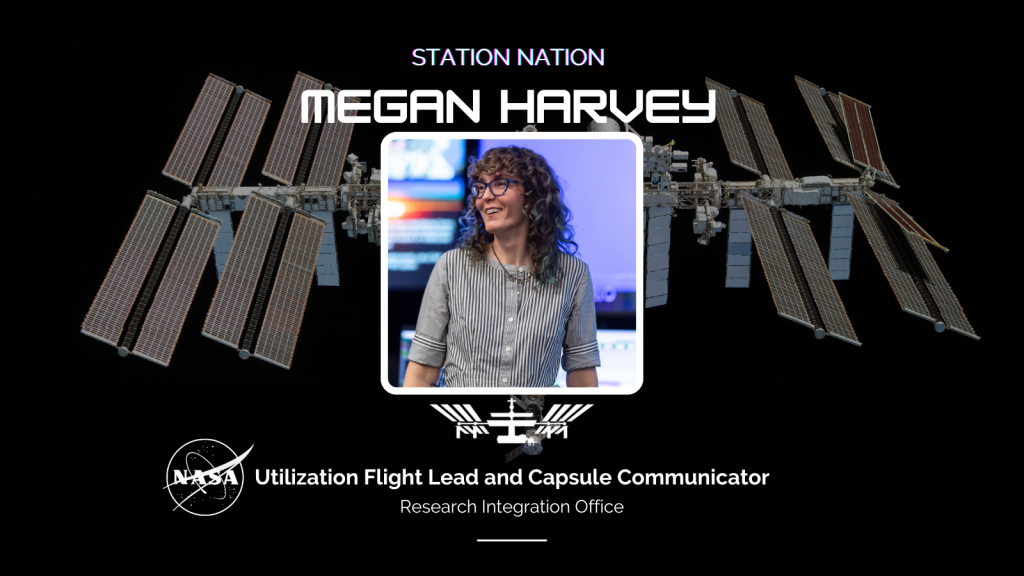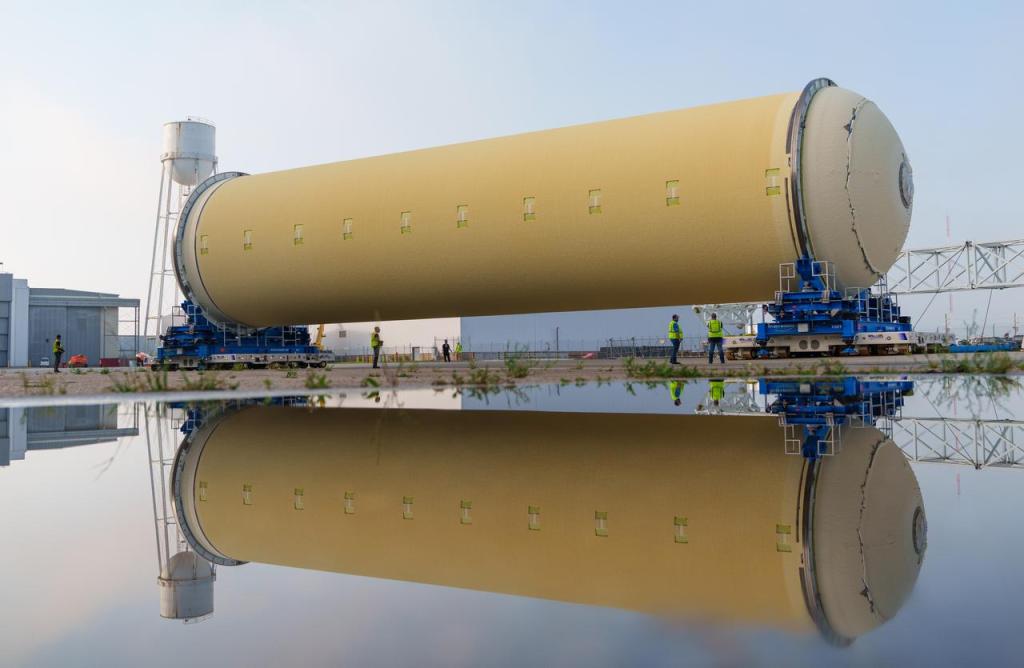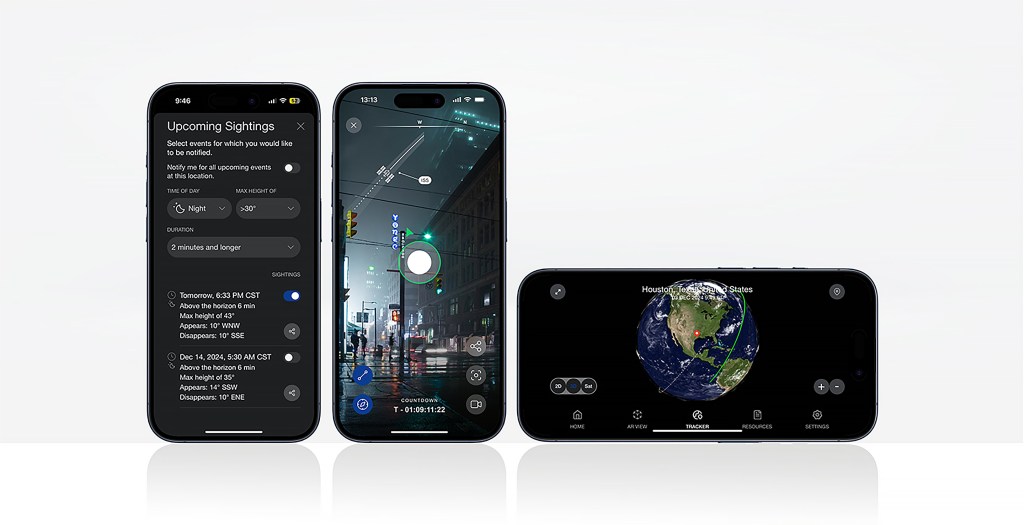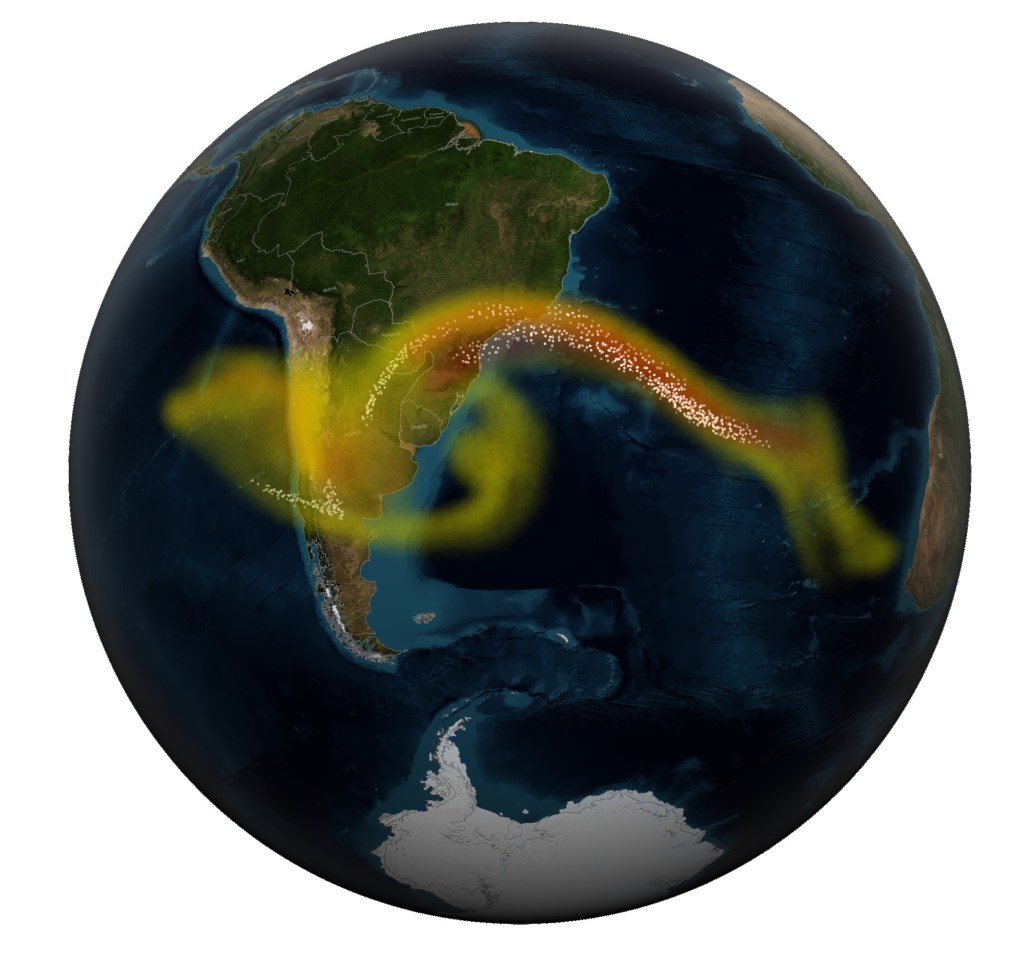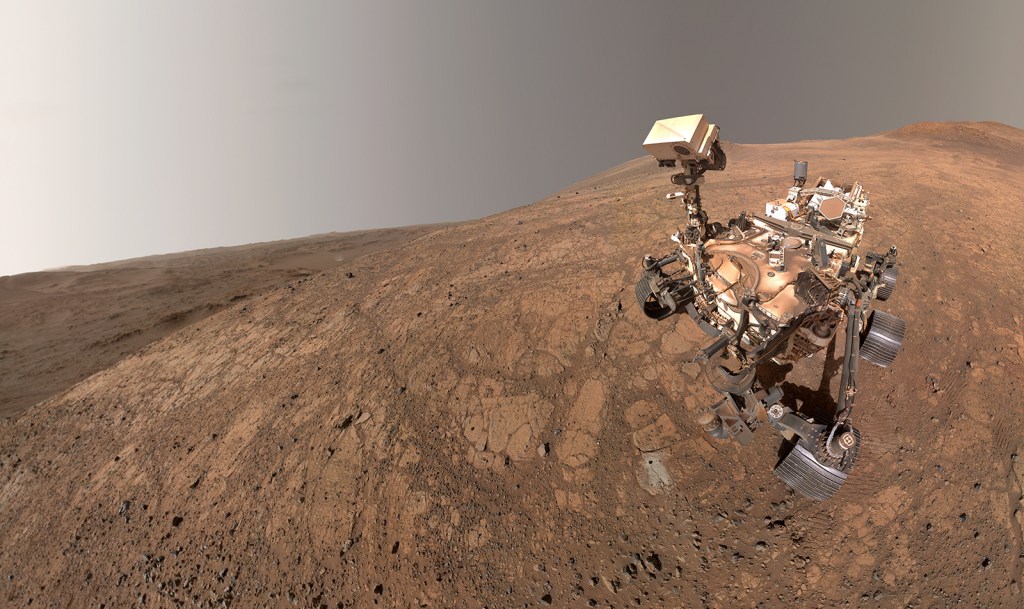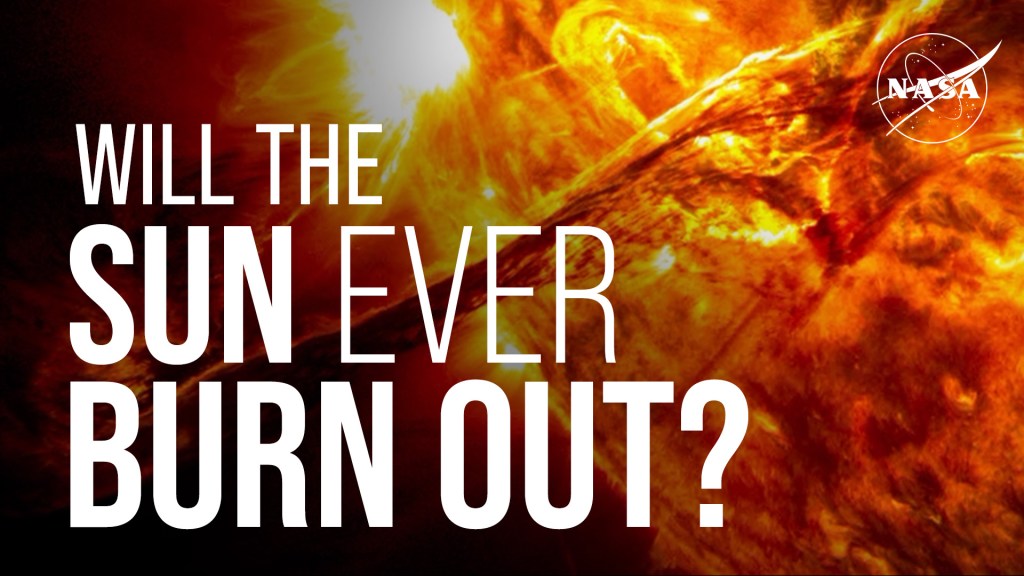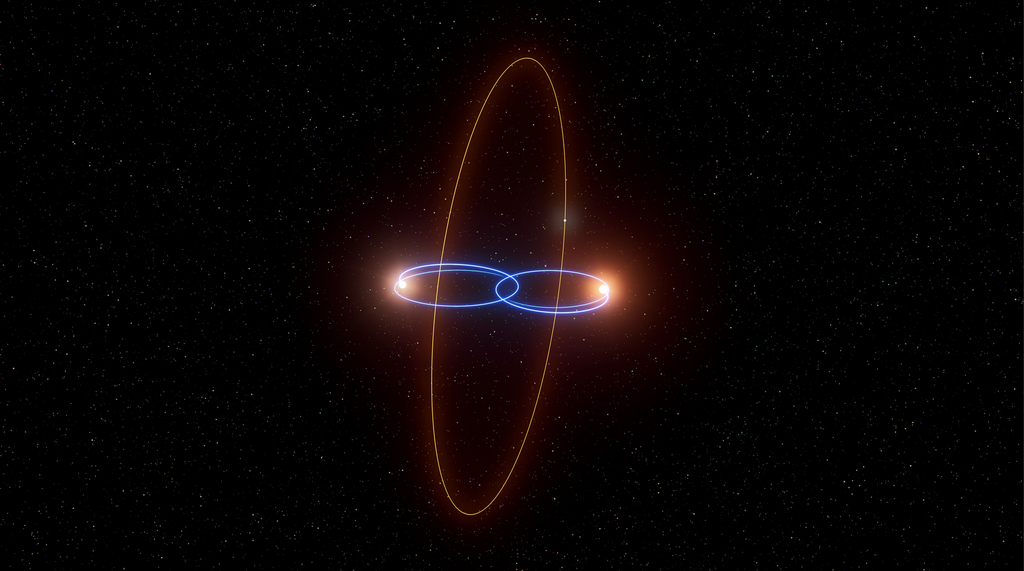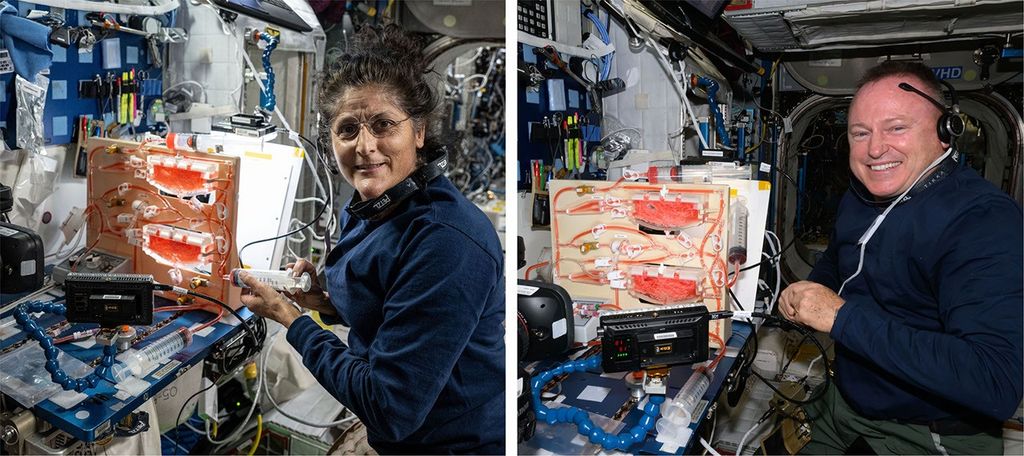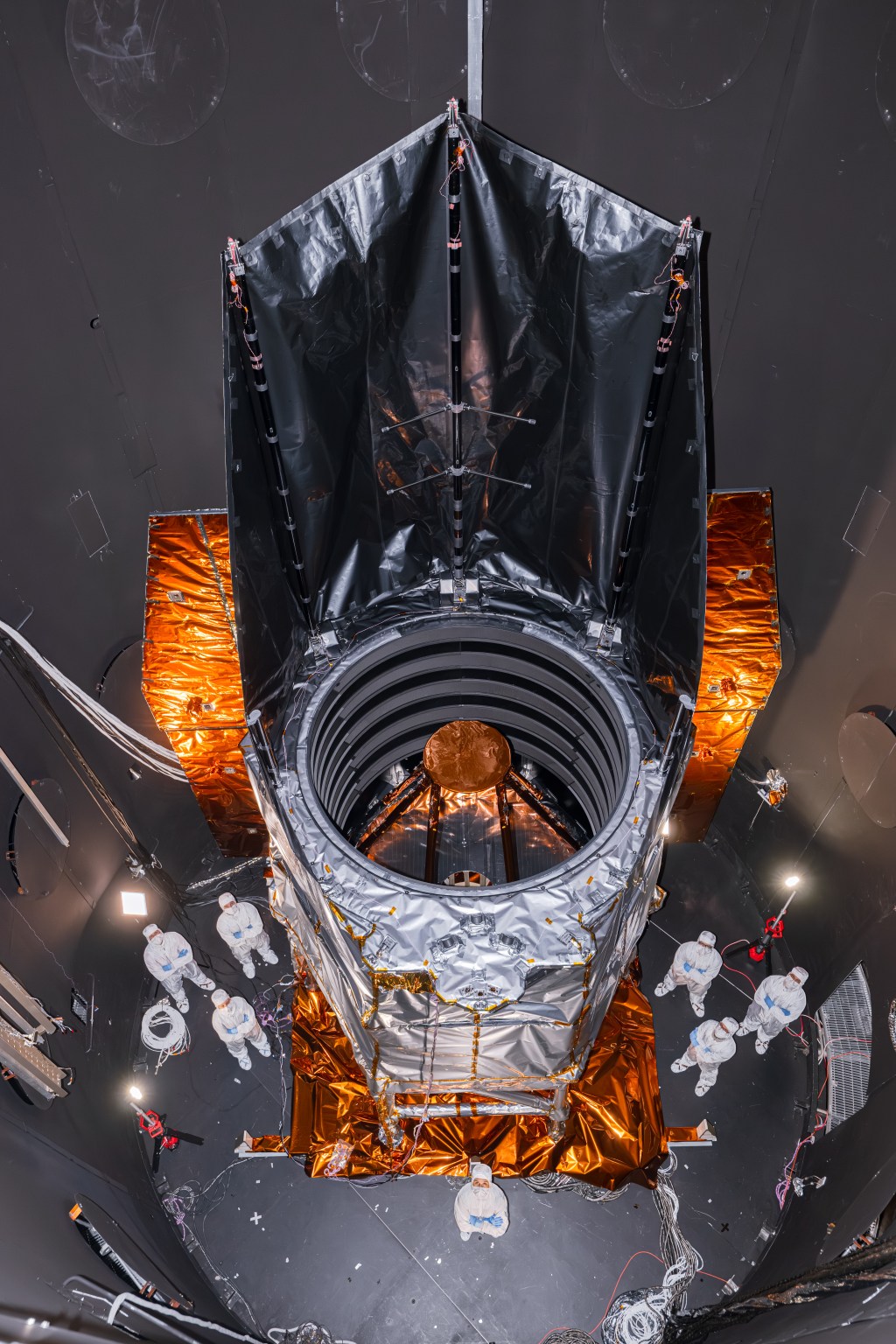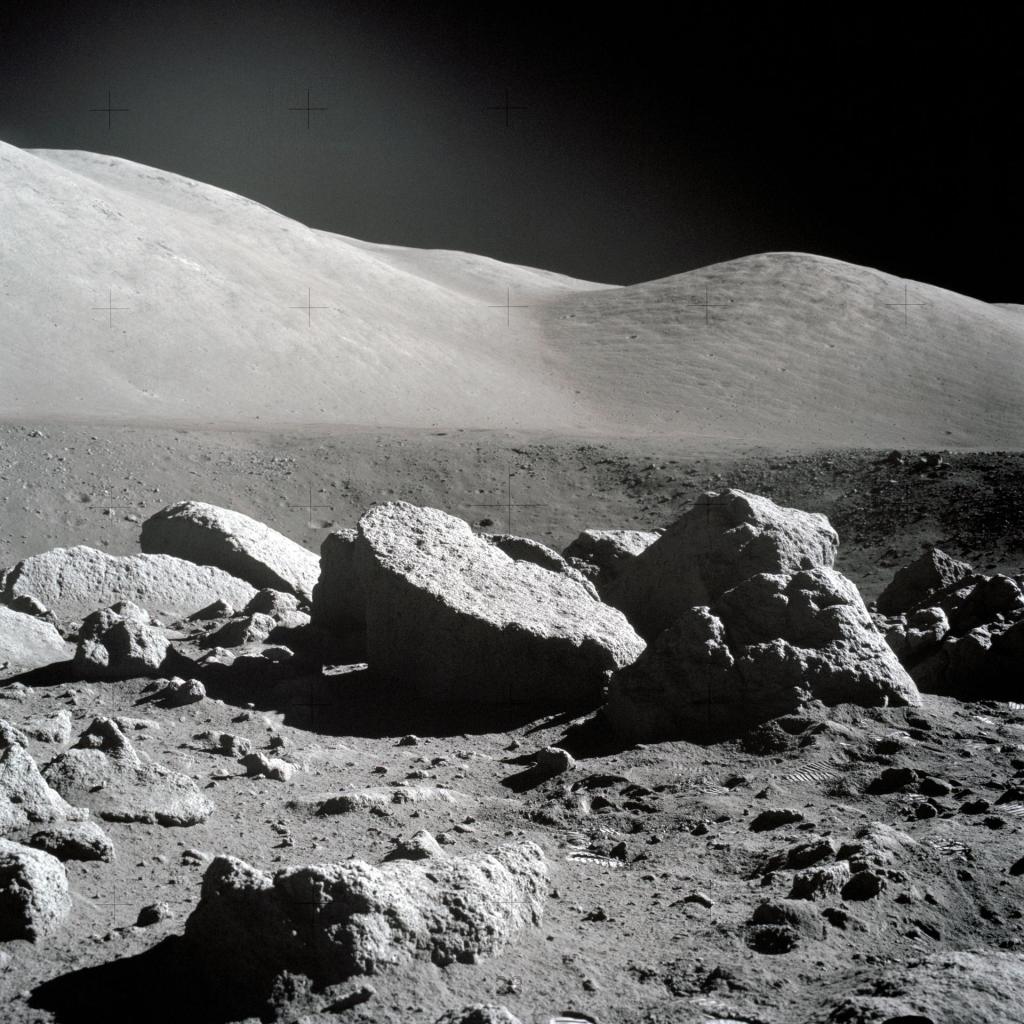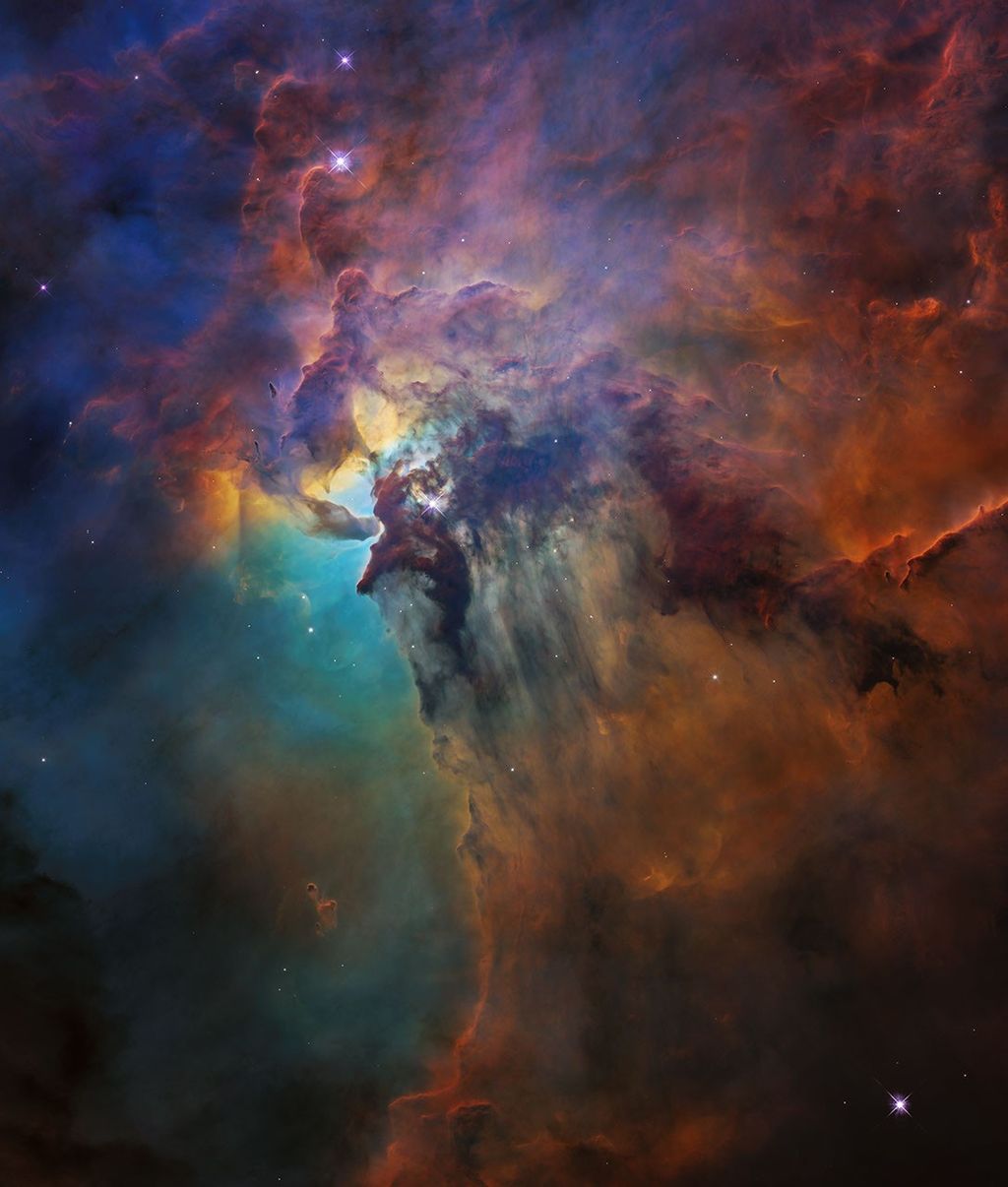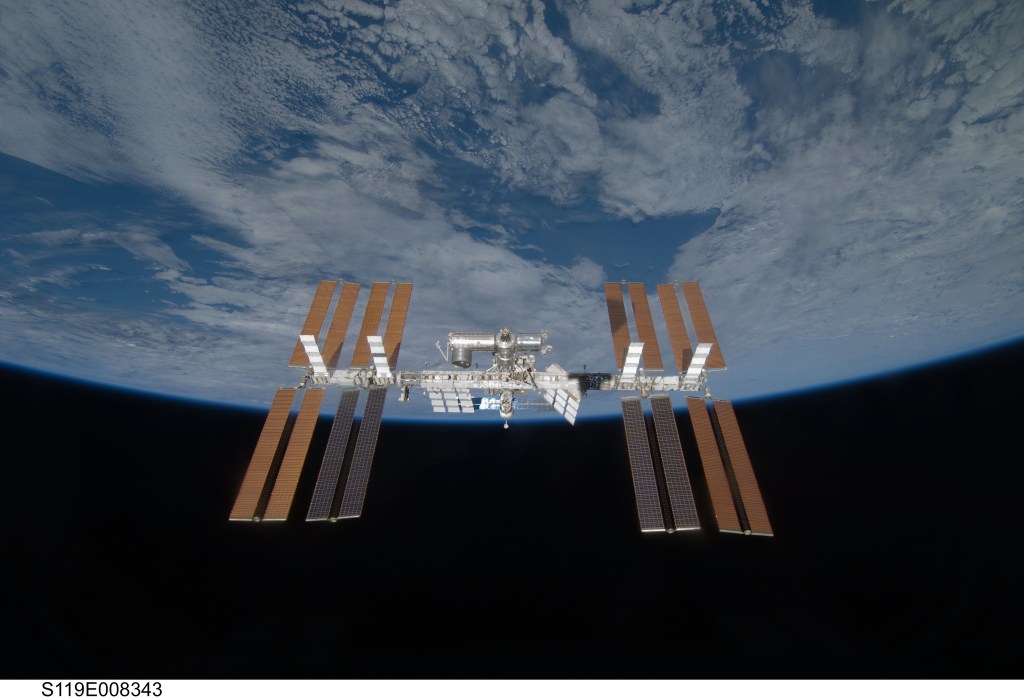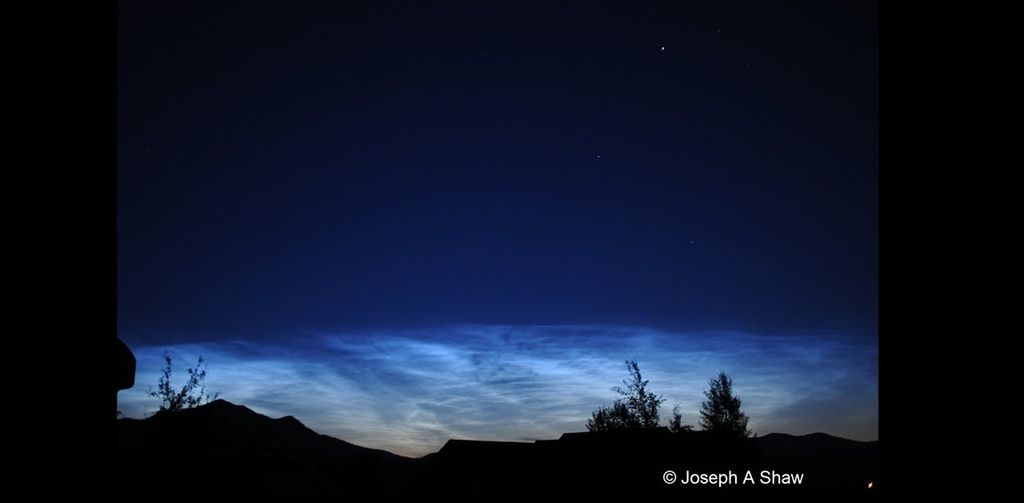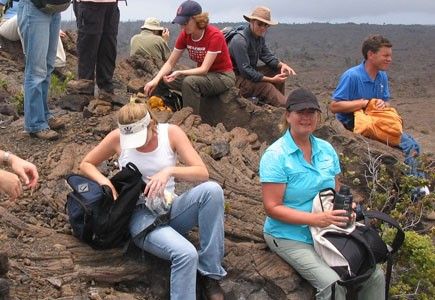
Candice Hansen
Scientist - Planetary Science Institute
Contents
- Where are you from?
- Describe the first time you made a personal connection with outer space.
- How did you end up working in the space program?
- Who inspired you?
- What is a Planetary Scientist?
- Tell us about some favorite moments so far in your career?
- What advice would you give to someone who wants to take the same career path as you?
- What do you do for fun?
- If you were talking to a student interested in science and math or engineering, what advice would you give them?
- Where are they from?
Where are you from?
Pasadena, Calif. Born and raised.
Describe the first time you made a personal connection with outer space.
Ever since I was a pre-teen, I loved reading science fiction. I still do.
How did you end up working in the space program?
When I attended California State University Fullerton, my favorite professor was involved with the Apollo program. She encouraged me to go to the University of Arizona in Tucson for graduate school. My advisor was Brad Smith, the leader of the Voyager Imaging team. I talked him into sending me to the Jet Propulsion Laboratory (JPL) to work for the summer, and I’ve been here ever since.
Study lots of math. Math is the language of science.- Candice Hansen
Who inspired you?
My dad inspired me.
What is a Planetary Scientist?
A planetary scientist is a person who studies the planets in our solar system. I analyze data from the Cassini mission at Saturn to learn more about Saturn’s moons. I also analyze images from the Mars Reconnaissance Orbiter (MRO) to learn more about the seasonal polar caps on Mars.
Tell us about some favorite moments so far in your career?
Seeing Jupiter’s ring for the first time in a Voyager image. Learning that Triton has geysers. Seeing Enceladus’ plume in our ultraviolet data. Pondering the mysteries of the polar regions of Mars and marveling at how unearthly they are.
What advice would you give to someone who wants to take the same career path as you?
Be prepared to work very, very hard.
What do you do for fun?
I like to hike, swim, ride my motorcycle, and watch movies and eat popcorn.
If you were talking to a student interested in science and math or engineering, what advice would you give them?
Study lots of math. Math is the language of science.
Where are they from?
Planetary science is a global profession.

